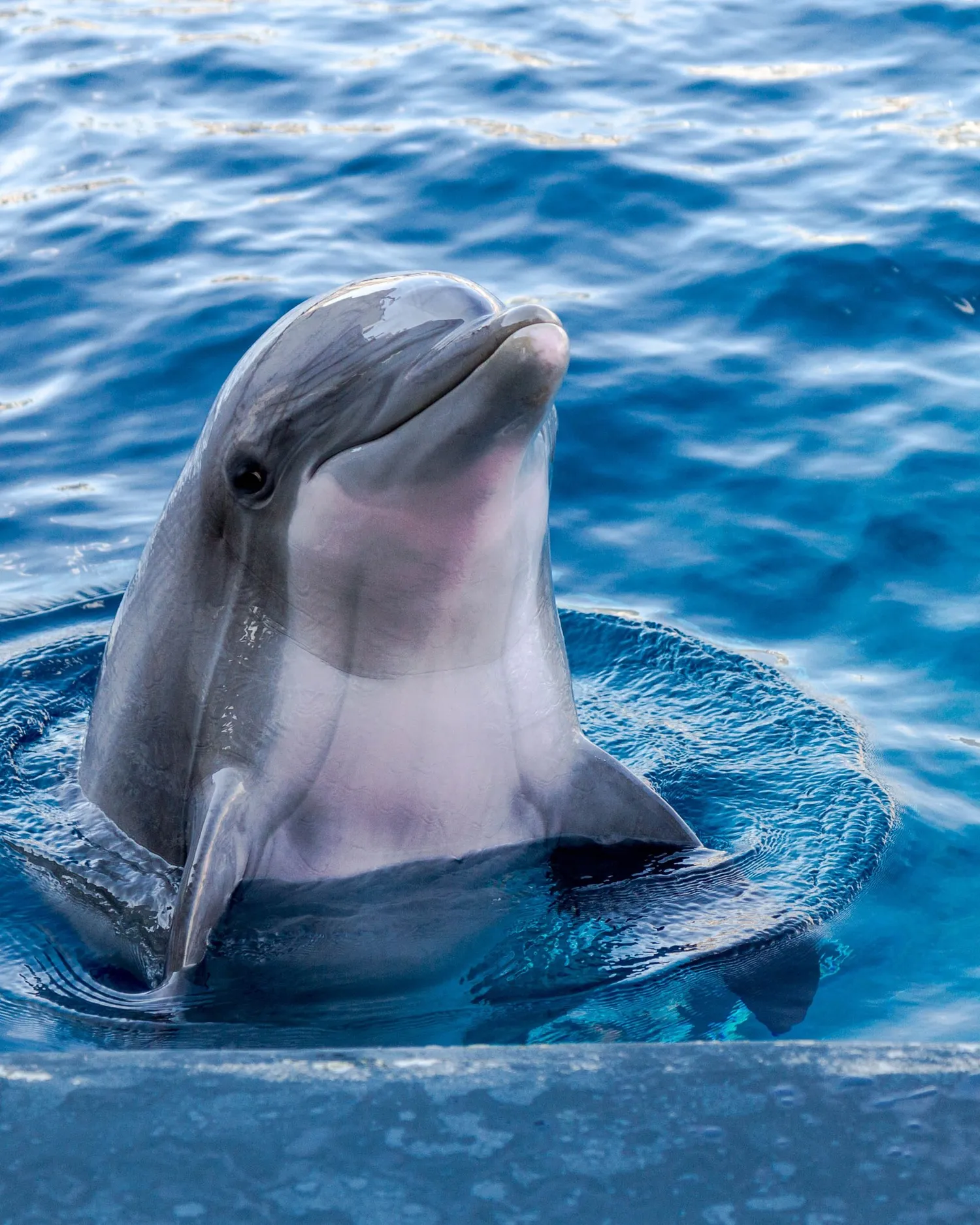Study suggests dolphins use corals and sponges to treat their skin conditions

The researchers found that the Indo-Pacific bottlenose dolphins in the Northern Red Sea off the coast of Egypt were selective about which corals and sponges they rubbed against. When the dolphins repeatedly rubbed against them, the tiny polyps released mucus. The research team then collected and analyzed the mucus released and found 17 active metabolites with antibacterial, antioxidative, hormonal and toxic activities! The study suggests the mucus plays a role in regulating the dolphin’s skin microbiome and therefore treats skin infections. "Repeated rubbing allows the active metabolites to come into contact with the skin of the dolphins," explained Gertrud Morlock, lead author and an analytical chemist and food scientist at Justus Liebig University Giessen in Germany. "These metabolites could help them achieve skin homeostasis and be useful for prophylaxis or auxiliary treatment against microbial infections," said Morlock.
The benefits of coral in human health are being studied. The National Oceanic and Atmospheric Administration (NOAA) states on its website, that many drugs are being developed from coral reef animals and plants as possible cures for cancer, arthritis, human bacterial infections, viruses and other diseases.
Reference:
Morlock, G. E., Ziltener, A., Geyer, S., Tersteegen, J., Mehl, A., Schreiner, T., Kamel, T. and Brümmer, F. (2022). Evidence that Indo-Pacific bottlenose dolphins self-medicate with invertebrates in coral reefs. iScience, 25(6), 104271. DOI: https://doi.org/10.1016/j.isci.2022.104271